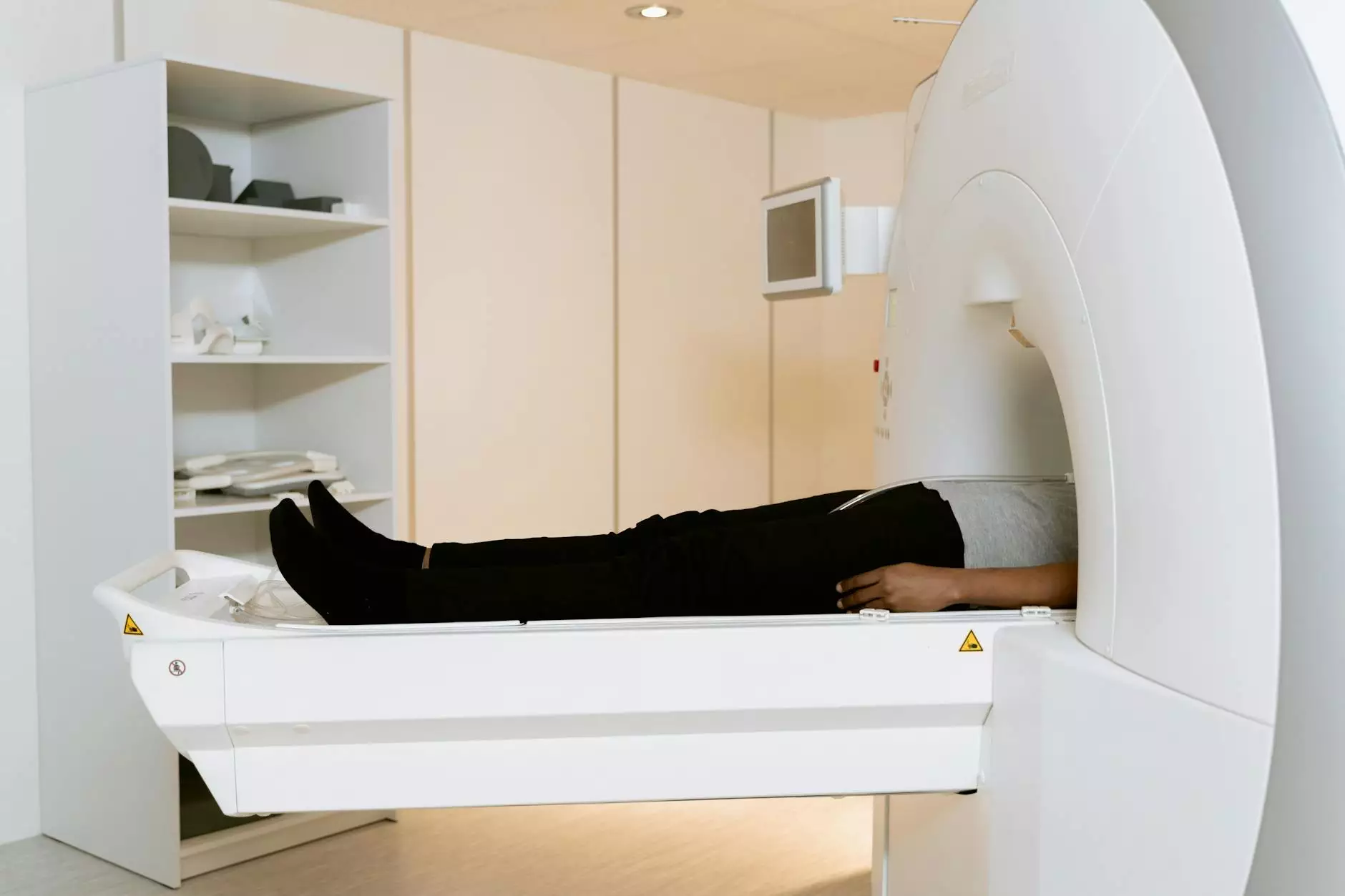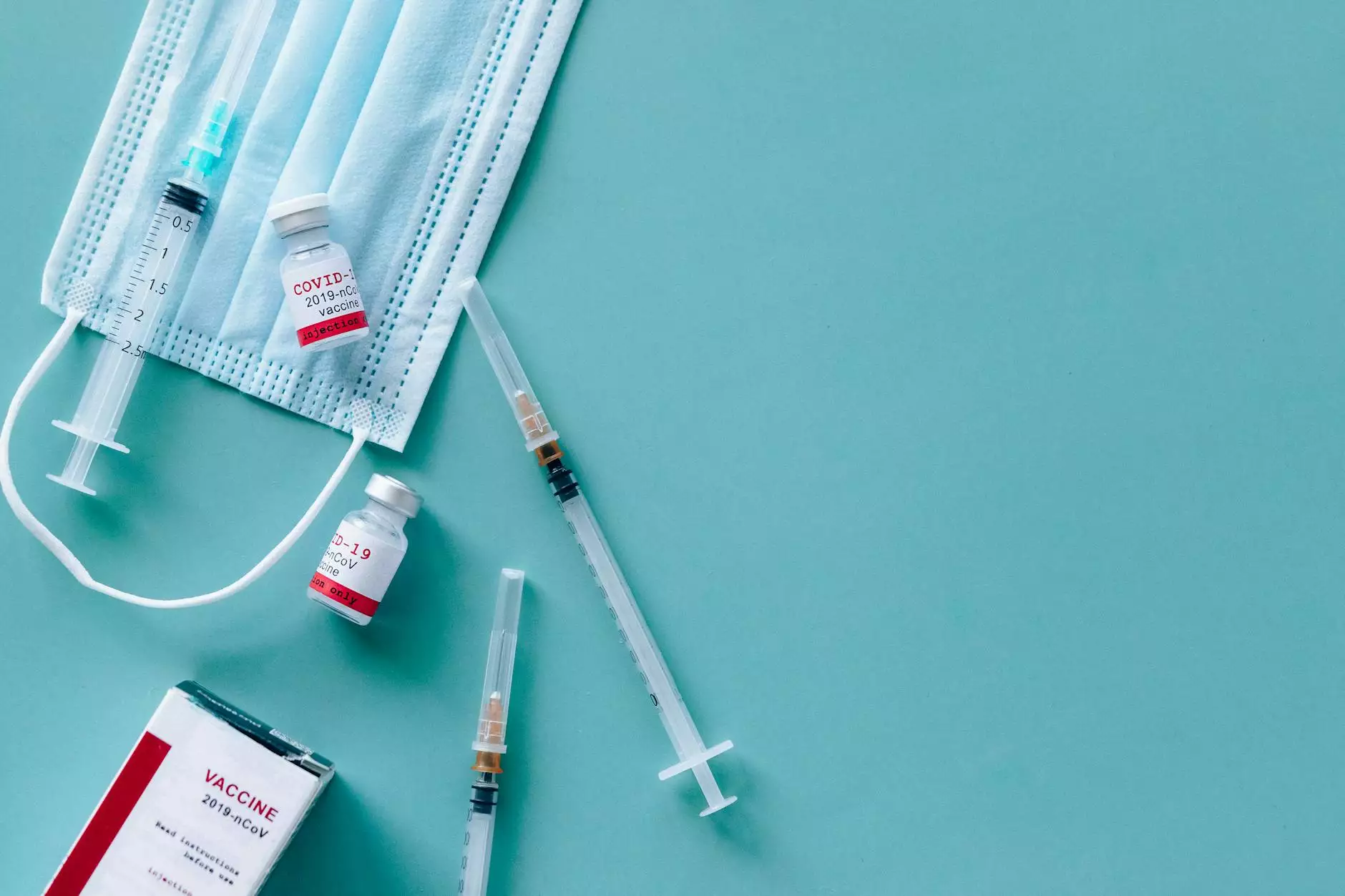The Use of Immunoassay Reagents in Healthcare
Health
Introduction
Welcome to Ageless Wisdom Magazine, your ultimate lifestyle resource! In this article, we will delve into the world of immunoassay reagents, exploring their benefits and applications in healthcare. Immunoassay plays a crucial role in diagnosing various diseases and conditions, aiding medical professionals in providing accurate and timely treatment.
Understanding Immunoassay Reagents
Immunoassay reagents are specialized substances utilized in immunoassay techniques. They are designed to detect and measure specific compounds within biological samples, such as blood, serum, urine, or saliva. These reagents often consist of antibodies, antigens, enzymes, or various molecular probes, depending on the specific analyte being tested.
The Benefits of Immunoassay Reagents
With advancements in immunoassay technology, the benefits of using immunoassay reagents in healthcare have become increasingly significant. Here are some key advantages:
- Sensitivity and Specificity: Immunoassay reagents offer high sensitivity and specificity, enabling accurate and reliable detection of target analytes.
- Wide Analyte Range: Immunoassays can detect a diverse range of analytes, including hormones, infectious agents, tumor markers, drugs, and more.
- Rapid Results: Immunoassays provide quick results, allowing for timely diagnosis and treatment decisions.
- Automation: Automated immunoassay systems streamline laboratory workflows, enhancing efficiency and reducing human error.
- Cost-Effectiveness: Immunoassays offer cost-effective solutions for diagnostic testing, making them accessible to a wider population.
Applications in Healthcare
The applications of immunoassay reagents in healthcare are extensive and ever-expanding. Let's explore some key areas where immunoassay plays a critical role:
Infectious Diseases
Immunoassays are widely used for diagnosing infectious diseases caused by bacteria, viruses, parasites, and fungi. Tests such as enzyme-linked immunosorbent assays (ELISAs) and rapid lateral flow immunoassays enable the detection of specific antibodies or antigens, aiding in the diagnosis and management of infections.
Cancer Diagnosis and Monitoring
Immunodiagnostic tests based on immunoassay principles contribute significantly to cancer diagnosis and monitoring. Tumor markers, such as prostate-specific antigen (PSA) and carcinoembryonic antigen (CEA), can be measured using immunoassays to aid in early detection, prognosis, and treatment response assessment.
Hormone Analysis
Endocrine disorders can be effectively diagnosed through immunoassay-based hormone analysis. Thyroid function tests, reproductive hormone measurements, and adrenal hormone assessments utilize immunoassay reagents to provide valuable insights into hormonal imbalances and related conditions.
Drug Screening
Immunoassays are widely employed in drug screening programs to detect the presence of illicit drugs or therapeutic drugs in biological samples. These tests are vital in healthcare settings, workplaces, and forensic investigations, facilitating substance abuse monitoring and patient treatment adherence.
Autoimmune Disorders
Various autoimmune disorders, including rheumatoid arthritis, systemic lupus erythematosus, and celiac disease, are diagnosed using immunoassay techniques. Autoantibody detection plays a crucial role in the early identification of these conditions, enabling prompt intervention and improved patient outcomes.
Conclusion
Immunoassay reagents have revolutionized healthcare by offering accurate and efficient diagnostic solutions. From infectious diseases to cancer diagnosis, hormone analysis, drug screening, and autoimmune disorders, the applications of immunoassay techniques continue to grow.
At Ageless Wisdom Magazine, we strive to provide comprehensive information on emerging healthcare trends. Stay informed and explore our lifestyle resources for valuable insights into immunoassay reagents, their benefits, and their role in revolutionizing healthcare.




